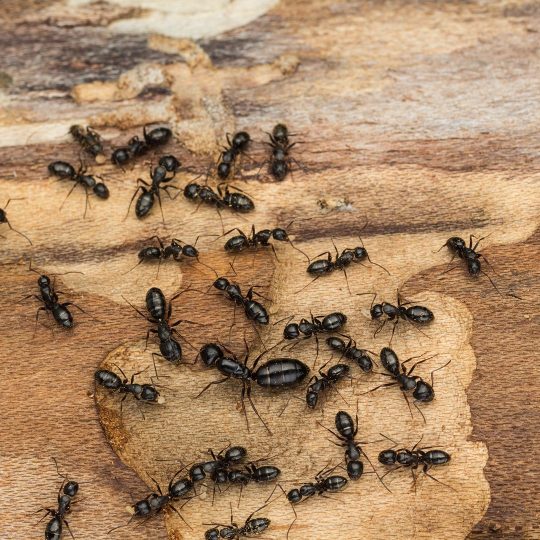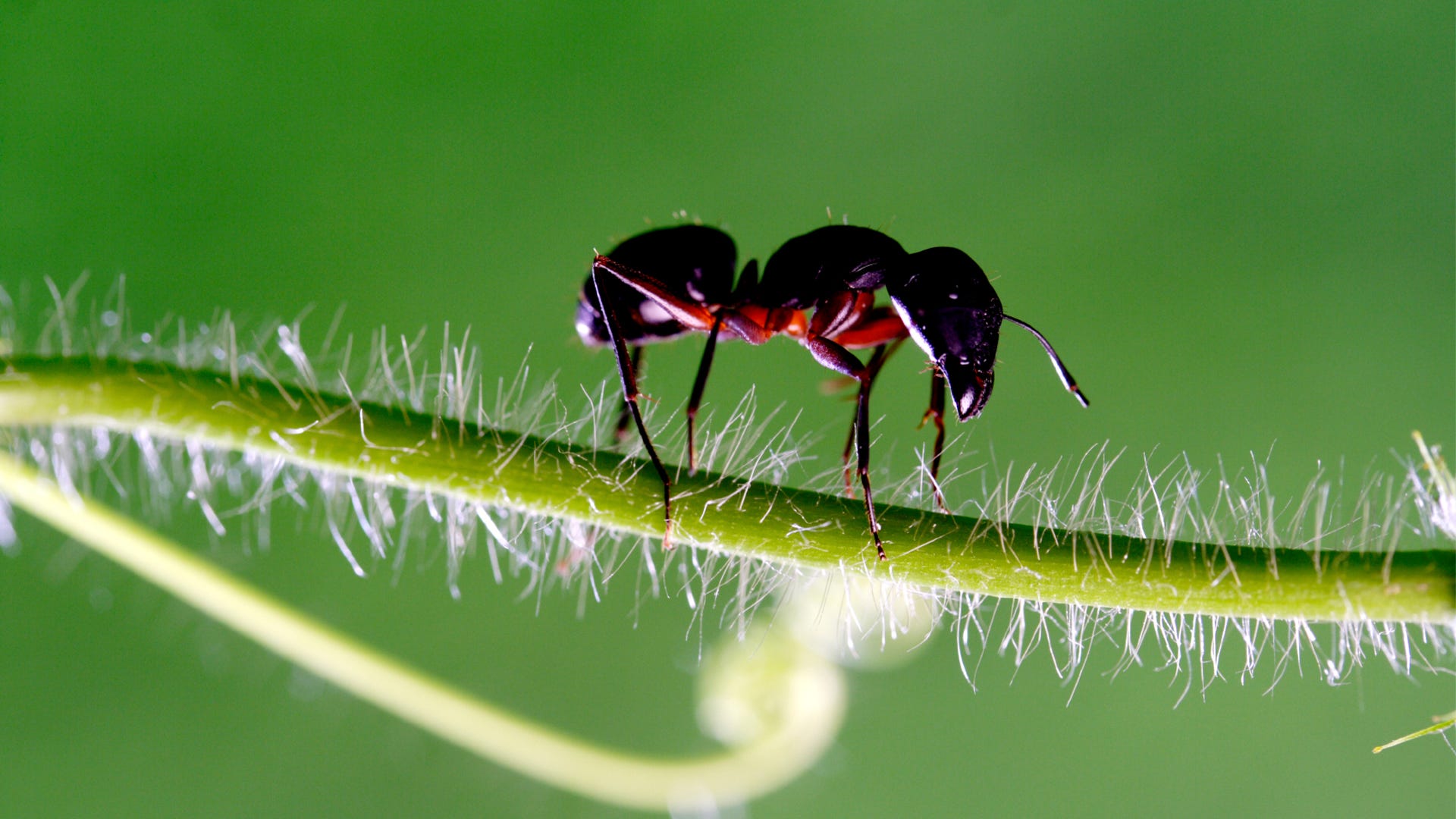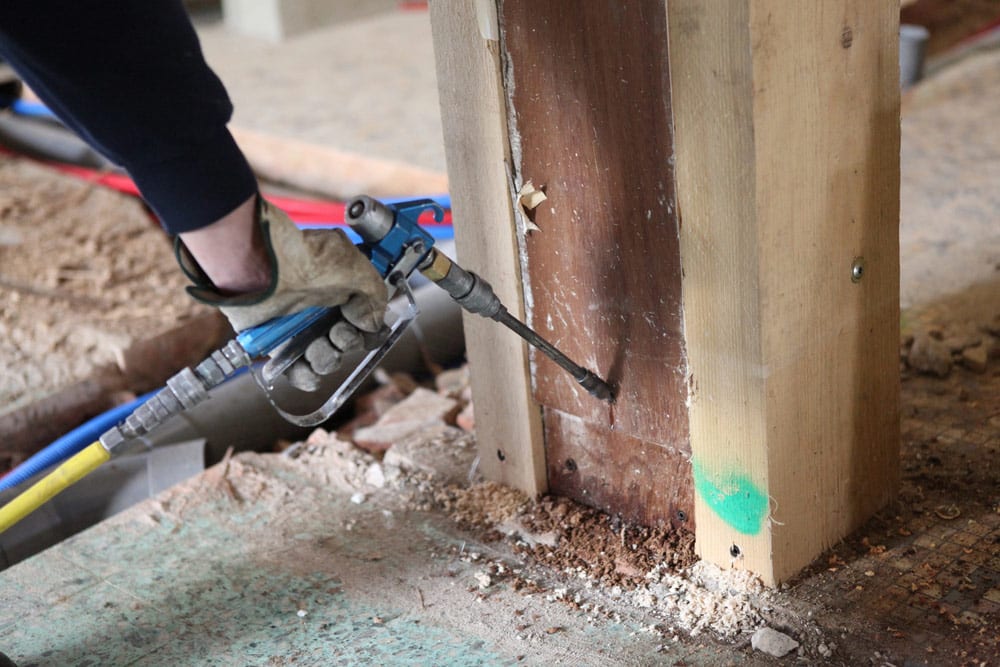Expert Termite Control Services: Guard Your Home from Termite Damage
Expert Termite Control Services: Guard Your Home from Termite Damage
Blog Article
Ecological Effect of Insect Control: Balancing Effectiveness With Sustainability
The ecological impact of pest control is a crucial issue that calls for a fragile equilibrium in between attaining performance in guaranteeing and managing pests sustainability of our ecosystems. As we aim to protect our plants, homes, and wellness from the hazards posed by parasites, the methods we employ can inadvertently damage the environment. From the use of damaging chemicals that seep into our soil and water to the unintended repercussions on non-target species, the effects of standard parasite control techniques are far-ranging. There are arising methods that supply hope for an extra lasting method to pest monitoring. These services not just objective to resolve the instant pest problems yet also consider the long-term wellness of our world.
Unsafe Chemicals in Bug Control
The application of hazardous chemicals in pest control presents substantial ecological and wellness threats that warrant cautious factor to consider and reduction approaches. Insecticides, chemicals, and herbicides are generally made use of to eliminate bugs, but their widespread application can bring about unexpected repercussions. These chemicals can pollute dirt, water resources, and the air, influencing not just the targeted bugs but likewise beneficial bugs, wildlife, and people.

To address these risks, integrated pest administration (IPM) strategies are being promoted as a much more sustainable option. IPM entails a combination of methods such as organic control, environment adjustment, and the targeted usage of pesticides as a last option (ant control mocksville nc). By adopting an all natural method to pest control, we can decrease the environmental and health influences related to hazardous chemicals while effectively taking care of pest populations
Influence On Non-Target Types
Thinking about the unintended effects of bug control methods, the influence on non-target species is an essential aspect that calls for extensive evaluation. While parasite control actions aim to target specific insects, other microorganisms in the community might be accidentally affected. Non-target species, consisting of beneficial bugs, birds, mammals, and even plants, can experience straight or indirect damage from chemical applications or biological control techniques.
Chemicals can have deadly or sub-lethal effects on non-target types. For instance, pesticides made to battle a particular insect parasite might hurt pollinators like bees or natural killers such as ladybugs. Furthermore, chemical residues can collect in the setting, impacting non-target microorganisms in time. Biological control agents, if not species-specific, can position risks to unintended targets, interrupting the ecological balance.
To reduce the effect on non-target types, incorporated insect administration (IPM) approaches that stress a holistic approach to pest control are recommended. These methods focus on making use of eco-friendly practices, decreasing injury to helpful microorganisms while efficiently taking care of pest populaces. Carrying out detailed risk assessments and monitoring the end results of insect control initiatives are crucial steps in securing non-target species and promoting general community health.
Dirt and Water Contamination
Unintentional environmental effects of insect control methods prolong beyond affecting non-target types, with substantial implications for dirt and water contamination. Chemicals, herbicides, and chemical plant foods used in bug control can leach right into the soil and contaminate groundwater, positioning a hazard to both aquatic and earthbound ecological communities. Dirt contamination can interfere with the balance of bacteria important for nutrition cycling and plant growth, resulting in lowered dirt fertility and efficiency. Additionally, these chemicals can persist in the atmosphere for extended durations, collecting in the soil and possibly getting navigate to this website in the food web.
Water contamination is another essential issue associated with insect control practices. Overflow from farming areas treated with chemicals can carry these chemicals right into neighboring water bodies, affecting aquatic organisms and water quality. Impurities in water sources can have significant consequences, affecting not just aquatic life however additionally human wellness via the usage of polluted water or water organisms. To reduce soil and water contamination from insect control activities, integrated pest administration approaches that prioritize sustainability and decrease chemical inputs are critical.
Air Contamination From Chemical Use
Exposure to airborne chemicals throughout farming applications postures a substantial concern for air contamination control actions. Additionally, pesticide drift, where chemicals are lugged by the wind to unplanned locations, can lead to the contamination of close-by environments and water bodies.

Methods for Sustainable Insect Control
In the world of agricultural methods, carrying out lasting insect control strategies is vital for maintaining eco-friendly equilibrium and securing plant yields. Lasting bug control stresses the usage of ecologically pleasant methods to take care of pest populaces efficiently while minimizing harm to non-target microorganisms and ecological communities. Integrated Parasite Management (IPM) is a widely taken on strategy that combines organic, social, physical, and chemical control methods to attain long-lasting parasite monitoring solutions.
Plant turning and diversity are also effective methods to disrupt pest life cycles and develop less favorable problems for parasites to grow. Eventually, by integrating these lasting parasite control techniques, farmers can attain a balance in between pest administration effectiveness and ecological stewardship.
Final Thought
In final thought, the ecological influence of insect control techniques must be carefully thought about to stabilize efficiency with sustainability. Damaging chemicals utilized in insect control can cause soil and water contamination, air contamination, and injury non-target types - ant control. It is vital to carry out lasting parasite control methods to decrease these unfavorable results on the setting and promote a healthier environment for future generations
By embracing an alternative technique to pest control, we can lessen the ecological and health and wellness effects linked with harmful chemicals while properly handling pest populaces.

To alleviate the air pollution triggered by chemical usage, it is important to adopt integrated insect management methods that focus on the use of non-chemical pest control methods, such as plant rotation, natural predators, and immune plant varieties. Lasting parasite control highlights the use of ecologically pleasant approaches to manage pest populaces properly while reducing injury to non-target organisms and environments. Integrated Parasite Administration (IPM) is a commonly adopted technique that incorporates organic, cultural, physical, and chemical control approaches to attain long-term pest monitoring services.
Report this page